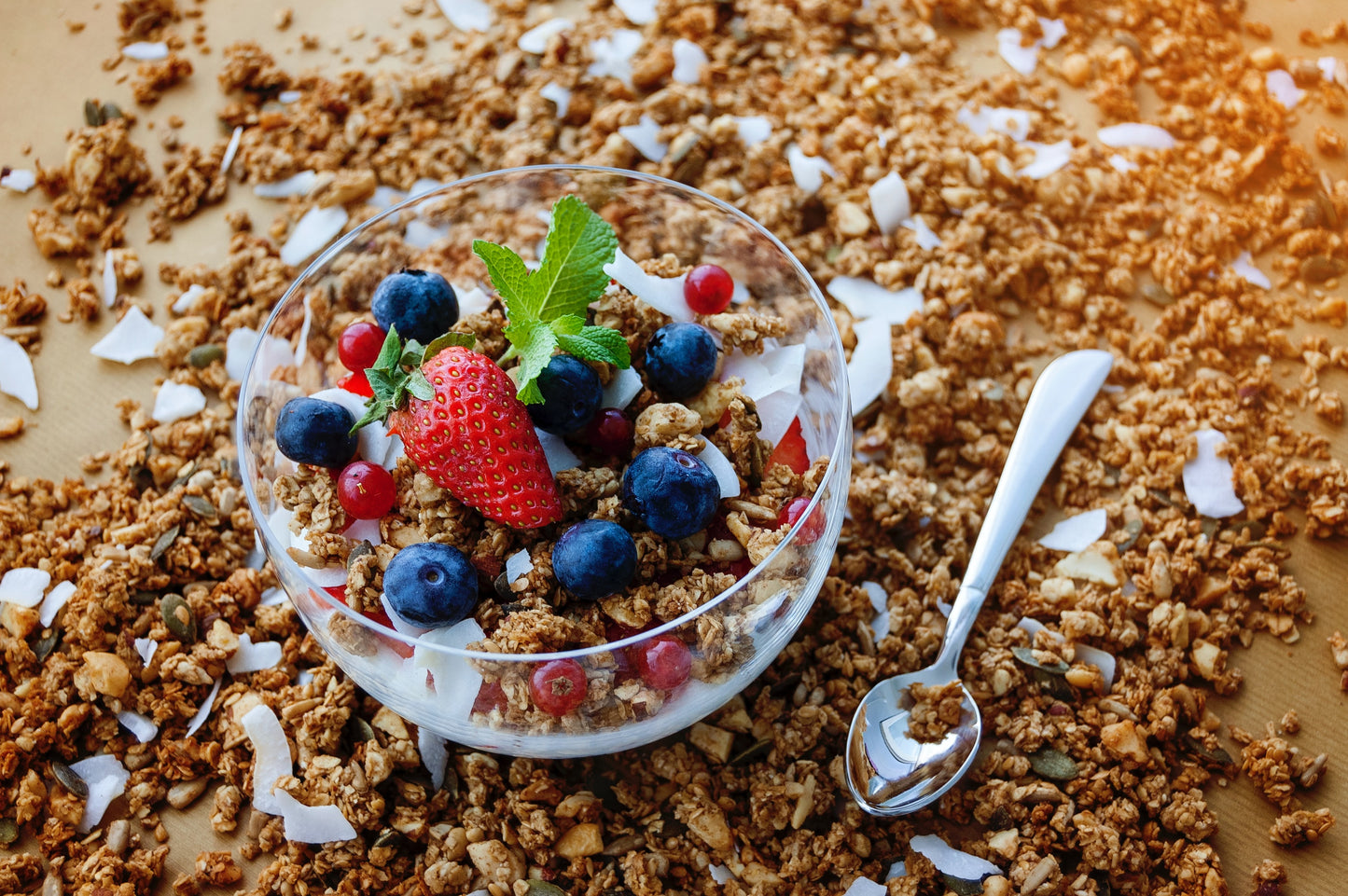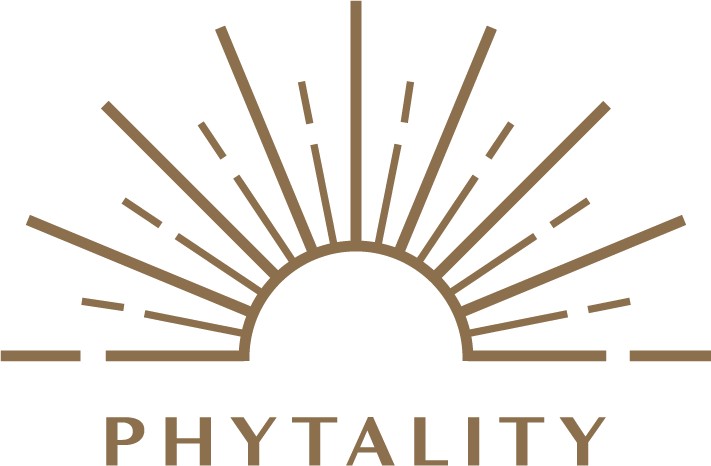
Table of Contents
Are you looking for a plant-based source of omega-3 fatty acids?
Flaxseed is often touted as a good option for those seeking to boost their intake of these essential fatty acids. Omega-3s are vital for optimal health, and can help reduce inflammation, support brain function, and lower the risk of chronic diseases.
However, not all omega-3 sources are created equal; some may be more beneficial than others.
In this article, we'll explore whether flaxseed is a good source of omega-3 and compare it to other options available. By the end, you'll better understand how to incorporate omega-3s into your diet for optimal health.
Flaxseed and Omega-3 Fatty Acids
Flaxseed is an excellent source of alpha-linolenic acid (ALA), which is an omega-3 fatty acid that is essential for human health. ALA is a precursor to eicosapentaenoic acid (EPA) and docosahexaenoic acid (DHA), which are the more active forms of omega-3s found in fish and other seafood.
One of the benefits of flaxseed is that it is easy to incorporate into your diet. You can add flaxseed to your morning smoothie, sprinkle it on top of your cereal, or use it to replace eggs in baking recipes. Flaxseed oil is also available as a supplement.
In addition to its omega-3 content, flaxseed is a good source of fiber, lignans, and other nutrients. Studies have shown that consuming flaxseed regularly may help reduce inflammation, lower cholesterol levels, and improve blood sugar control.
However, it is important to note that the conversion of ALA to EPA and DHA is inefficient, with only a small percentage of ALA actually being converted to the active forms of omega-3s.
This means that while flaxseed is a good source of ALA, it may not be as effective as fish or fish oil supplements in providing EPA and DHA. In the next section, we'll examine the limitations of flaxseed as an omega-3 source.
The Limitations of Flaxseed as an Omega 3 Source
While flaxseed is a good source of alpha-linolenic acid (ALA), the conversion of ALA to the more active forms of omega-3s, eicosapentaenoic acid (EPA) and docosahexaenoic acid (DHA), is limited in humans.
This means that while flaxseed is a plant-based source of omega-3s, it can't provide the same benefits as consuming EPA and DHA directly from fish or algae.
A study published in the British Journal of Nutrition found that only a small percentage of ALA is converted to EPA and DHA in young women, with less than 5% of dietary ALA being converted to EPA and less than 0.5% is converted to DHA (Burdge & Wootton, 2002).
Furthermore, the conversion of ALA to EPA and DHA may be even lower in men and in people with certain health conditions, such as diabetes or metabolic syndrome (Goyal et al., 2014).
While flaxseed can still provide health benefits due to its high ALA content, it may not be the best option for those looking to increase their intake of EPA and DHA specifically.
In the next section, we'll take a look at some alternative sources of omega-3s.
Flaxseed Oil Vs Algae Vs Fish for Omegas
| Omega-3 Source | Type of Omega-3 | Sustainability | Conversion Efficiency | Key Benefits |
|---|---|---|---|---|
| Flaxseed | Alpha-linolenic acid (ALA) | Sustainable | Low | Reduces inflammation, lowers cholesterol, and improves blood sugar control |
| Algae | Docosahexaenoic acid (DHA) and Eicosapentaenoic acid (EPA) | Highly Sustainable | High | Reduces inflammation, supports brain function, and lowers the risk of chronic diseases. Most sustainable source of omega-3s |
| Marine Phytoplankton | Eicosapentaenoic acid (EPA) | Highly Sustainable | High | Reduces inflammation, supports brain function, and lowers the risk of chronic diseases. Contains a wide range of essential nutrients |
| Fish | Docosahexaenoic acid (DHA) and Eicosapentaenoic acid (EPA) | Unsustainable | High | Reduces inflammation, supports brain function, and lowers the risk of chronic diseases. May contain high levels of mercury and other toxins |
Why Phyality Clean Omega and Phytoplankton are Better Choices
If you're looking for a plant-based source of omega-3s, our recommendations are our two key products, Clean Omega and Marine Phytoplankton. These are, in our opinion (and backed by a lot of science) the optimum sources of Omega in the plant kingdom delivered for you in easy supplemental form.
Two capsules of Phytality Clean Omega provides 500mg of DHA, which is a level of omega no amount of flaxseeds is going to give you.
DHA is an important omega-3 fatty acid that is crucial for brain function and development, as well as for reducing inflammation and improving heart health. Studies have shown that supplementing with DHA can improve cognitive function and reduce the risk of age-related cognitive decline (Yurko-Mauro et al., 2010).
In addition to Phytality Clean Omega, Phytality also offers Ultana Phytoplankton, the best plant-based wholefood source of EPA.
EPA is another important omega-3 fatty acid that is known for its anti-inflammatory properties, and is often found in fish and fish oil supplements. Our Phytoplankton provides a plant-based source of EPA that is sustainably sourced and easy to incorporate into your diet.
In fact, marine phytoplankton has been shown to contain an astonishing range of essential nutrients and macronutrients, including amino acids, vitamins, and minerals, making it an excellent choice for those looking to optimize their health (Hosseini et al., 2013).
So, if you're looking for a plant-based source of omega-3s that provides high amounts of DHA and EPA, Phytality Clean Omega Supplement and Ultana Phytoplankton are two excellent options to consider.
